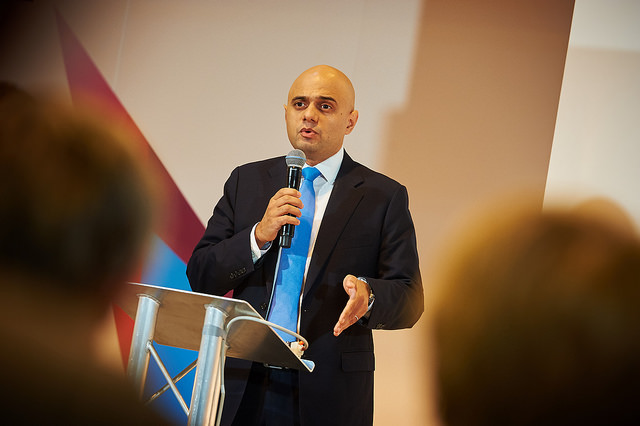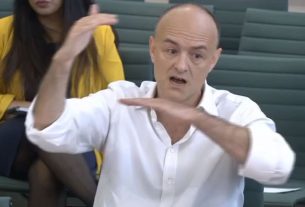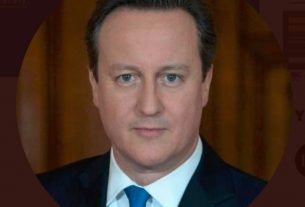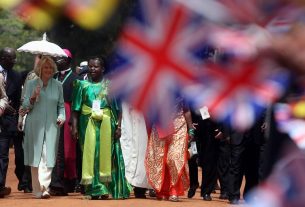Home Secretary Sajid David has been accused of exposing two alleged Islamic State fighters to the risk of the death penalty in the United States.
Javid failed to seek assurances that the men would not face the death penalty if they were prosecuted in the US to avoid a rift between the two countries, the High Court heard.
This customary requirement was waived, the court heard, because the Home Secretary wanted to ‘appease’ the Trump administration.
The allegation came from Edward Fitzgerald QC, representing the mother of one of the men before lord chief justice Lord Burnett of Maldon and Mr Justice Garnham.
They were hearing an application by the mother of El Shafee Elsheikh challenging the legality of a Home Office deal to supply evidence to US prosecutors.
Elsheikh and Alexanda Kotey, who are both British citizens, are accused of being part of an Isis group known as “the Beatles”.
The group is believed to have carried out more than 25 executions of Western hostages, including Britons Alan Henning and David Haines in IS territory.
Others killed included American journalists James Foley and Steven Sotloff.
Elsheikh and Kotey were caught earlier this year by Syrian Kurdish fighters and have since been stripped of their British citizenship.
Javid and his advisers ignored Foreign Office advice to seek assurances over the death penalty before any deportation to the US, said Edward Fitzgerald QC.
Mr Fitzgerald, representing Elsheikh’s mother, Maha El Gizouli, said Javid was fearful of “anticipated outrage in the Trump administration”.
US attorney general Jeff Sessions had asked for the men to be prosecuted in the UK, as hundreds of statements had been taken by counter-terrorism officers here.
But the Crown Prosecution Service said any prosecution would collapse because of allegations that the pair were mistreated while in detention.
Fitzgerald said his client did not excuse the “appalling acts” of which her son is accused and accepts he should be punished.
But he told the court that if the death penalty was imposed, the men would suffer a “gruesome and painful” death by lethal injection.
In written submissions to the court Sir James Eadie QC, for the home secretary, said Elsheikh was outside the protections of the Human Rights Act.
He added that seeking assurances over the death penalty would involve showing that his client had to “protect an individual’s life from the actions of a third party.”
The United Kingdom has a policy of opposing the death penalty worldwide and this was the first time an attempt had been made to depart from it, said Fitzgerald.
Britain’s ambassador to Washington, Sir Kim Darroch, had told Javid that seeking assurances would cause something “close to outrage” in Washington.
He said Sessions, defence secretary James Mattis and secretary of state Mike Pompeo would “wind up the president”, damaging UK-US relations.
Javid decided not to ask for any assurances after meeting Sessions in May, “an unworthy capitulation”, Fitzgerald told the court.
Judgment is expected to be reserved to a future date.




